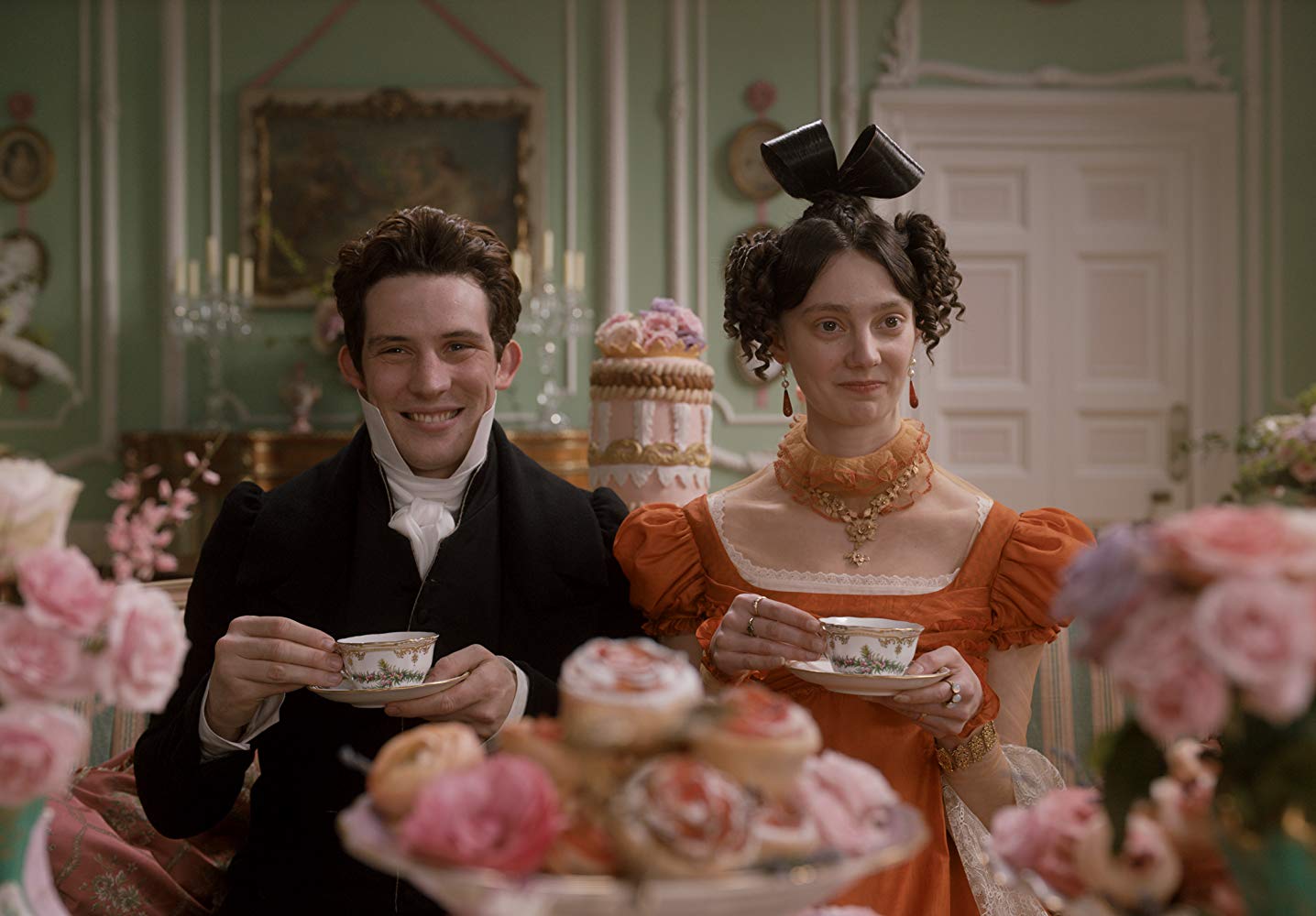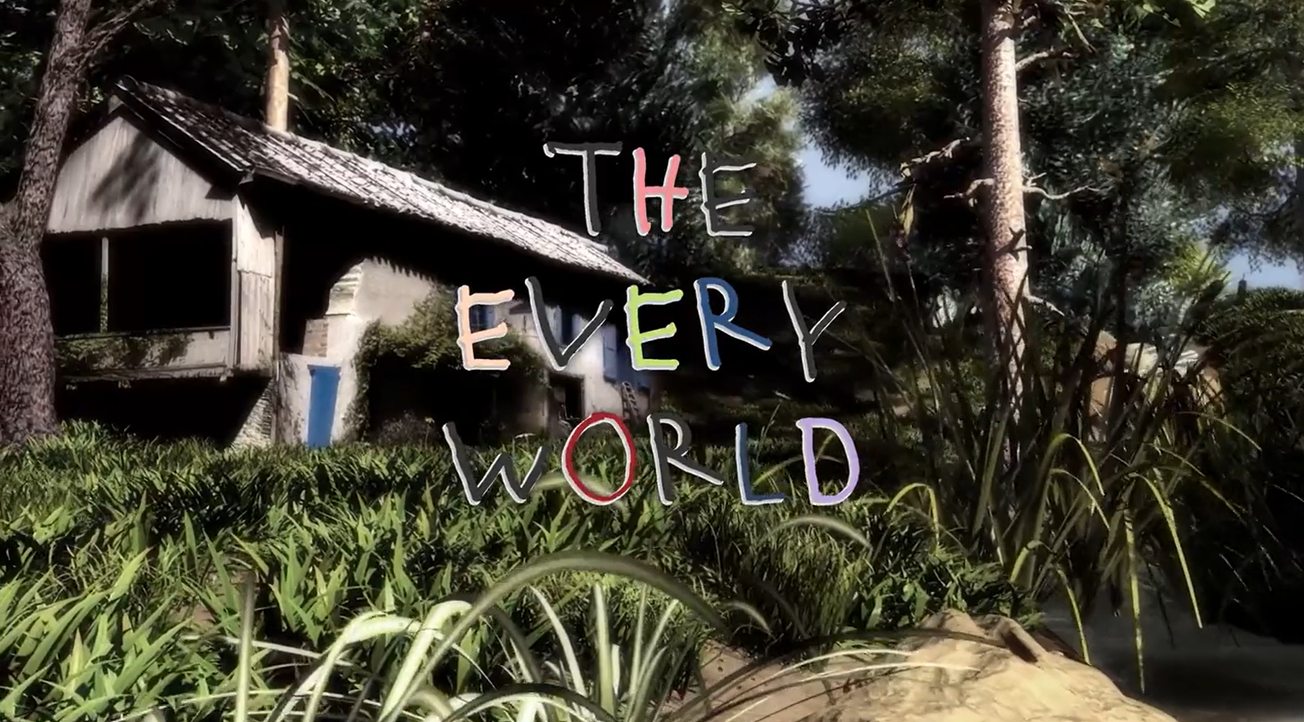By Yasmin Inkersole, Third Year English
Are film adaptations of classic novels damaging the lifespan of the original source material? One student discusses.
Books and films are separated by an ocean of differences. A book can be held, smelt, highlighted, bookmarked... meanwhile, a film brings the story to life in front of you, leaving less to the imagination.
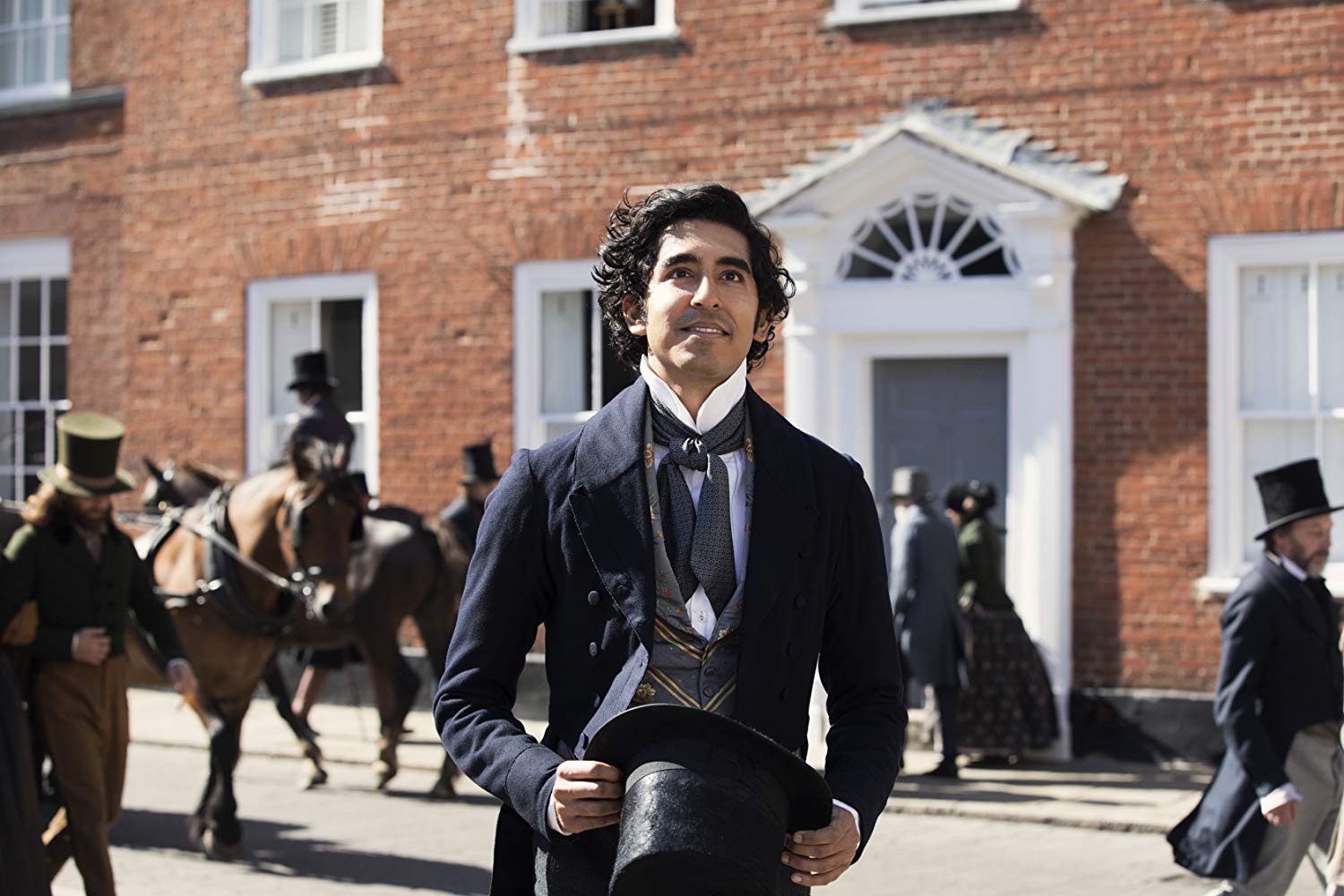
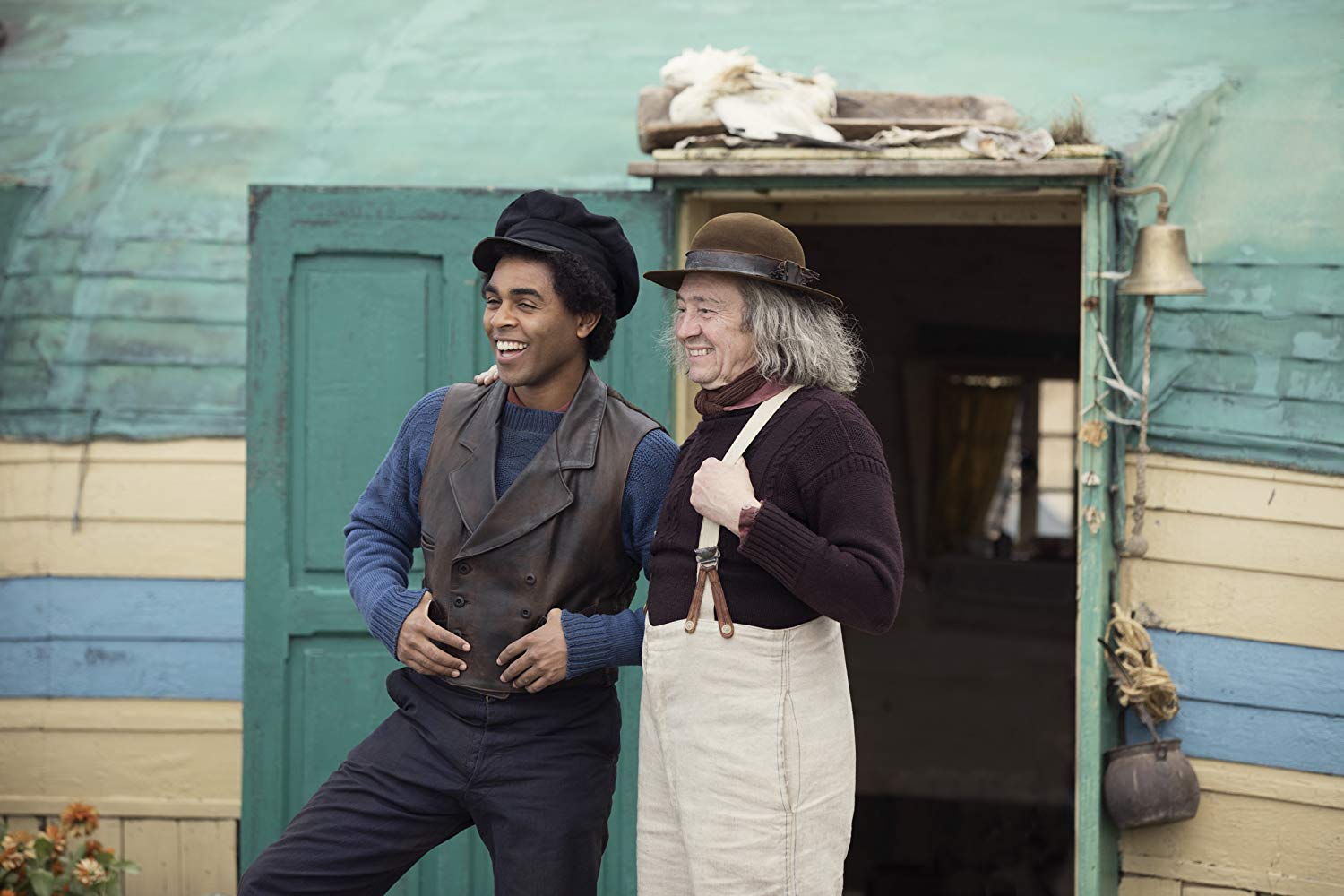
Whatever your thoughts on the superiority of one medium over the other, it’s difficult to argue with statistics: the $203 million turnover of the box office hit Little Women is a resolute marker of the consumer demand for film adaptations. However, this resurgence of classic literature in the form of film in particular suggests a social transition - perhaps one for the worse.
Do we lack the patience to appreciate 760 pages of classic literature?
Many of us can be accused of skipping over the ‘Classics’ section of a bookshop, turning away from a Brontë or Austen novel in favour of a new bestseller. And while some people championing the ‘books are better’ mindset may criticise those for whom Greta Gerwig’s Little Women is their first and only encounter of Louisa May Alcott, it is undeniable that film adaptations are often considered to be more accessible than the ink-and-paper original. The near language barrier between hundred-year-old texts and the contemporary novels gracing excited ‘bestseller’ lists today can feel daunting, not least because many classics tend to exceed the three-hundred-page mark. But is it our fault as readers that those much-praised older works sit gathering dust in forgotten drawers? Do we turn to a film adaptation of Alcott’s much-praised novel simply because we lack the patience to appreciate 760 pages of classic literature?
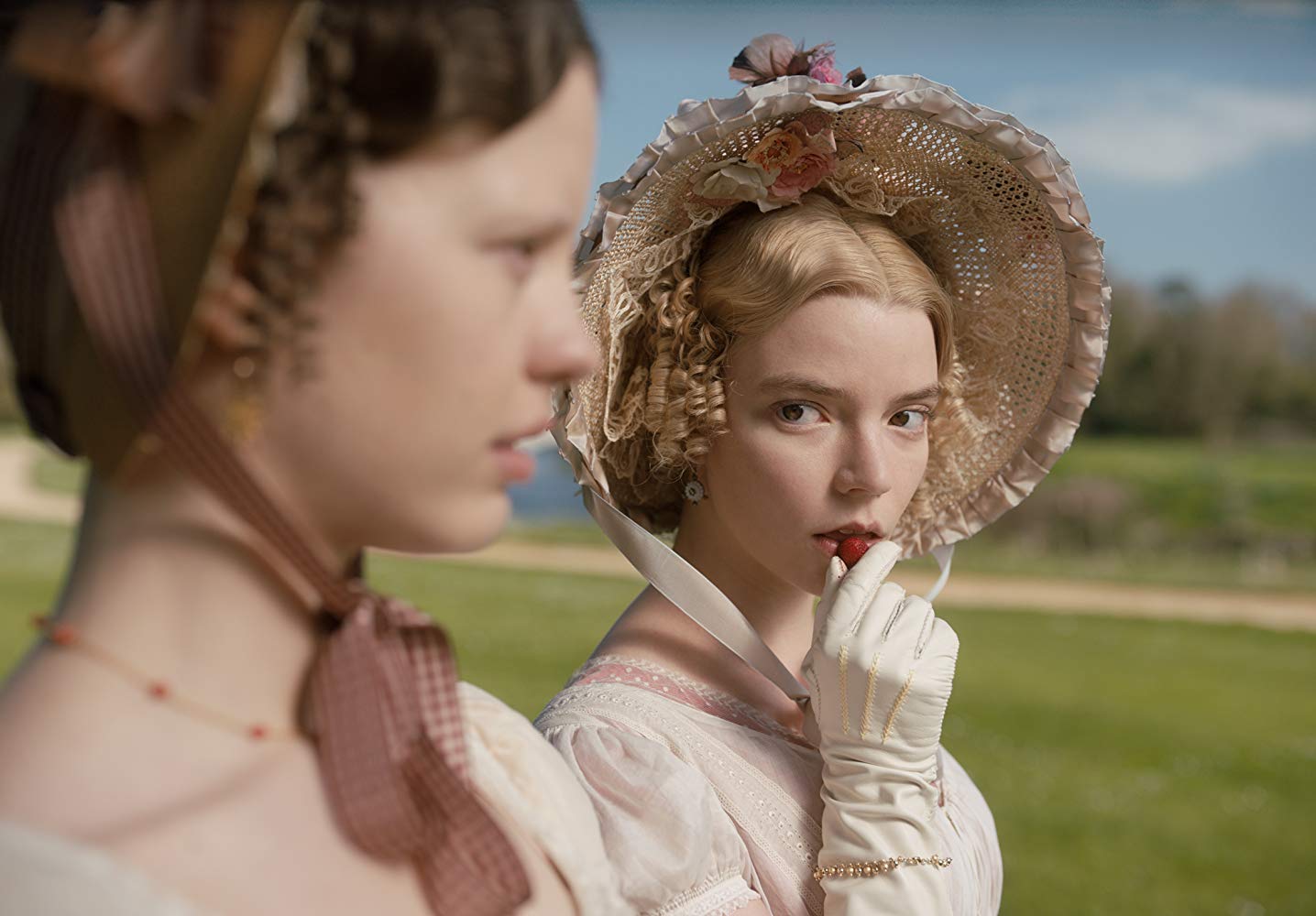
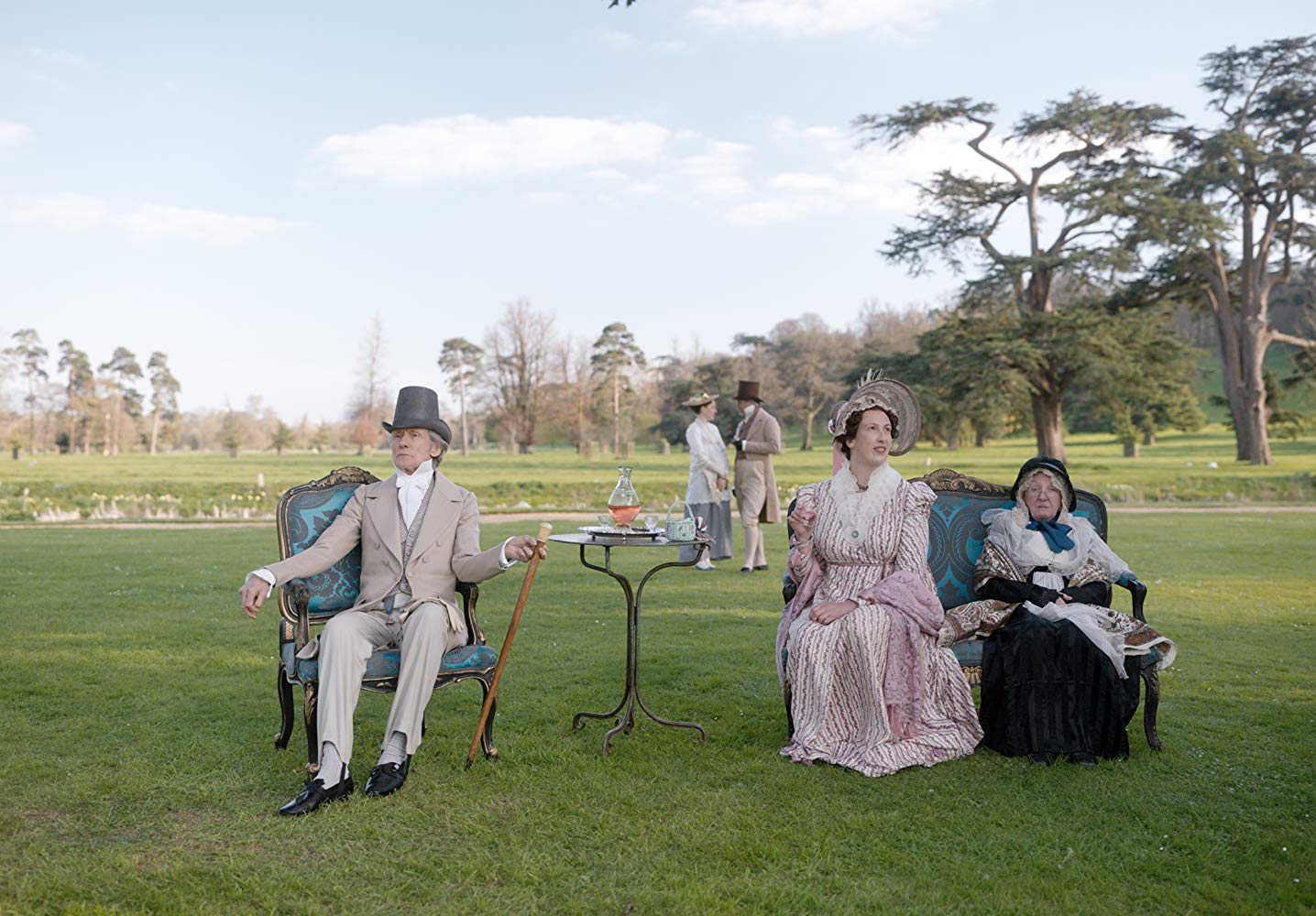
However, the two can't simply be viewed as straight alternates to each other: after all, how faithful a film is to its source book can be greatly contested. The ending of Gerwig’s Little Women diverges from Alcott’s original: in the film Jo is a published author, whose book Little Women tells the story of her family. The film ends with Jo’s romantic marriage to German professor Bhaer in her own novel, but with a decidedly more ambiguous outcome for the real Jo. In Alcott’s story Jo herself marries the professor, largely due to pressure from publishers who wanted the women in the story to be married by the end of the book; perhaps Gerwig’s adaptation is closer to the story Alcott originally wanted to tell. A benefit of cinema then is its ability to modernise and extend the lifespan of a classical story, bringing it to the eyes of those who might never have picked up a classic before.
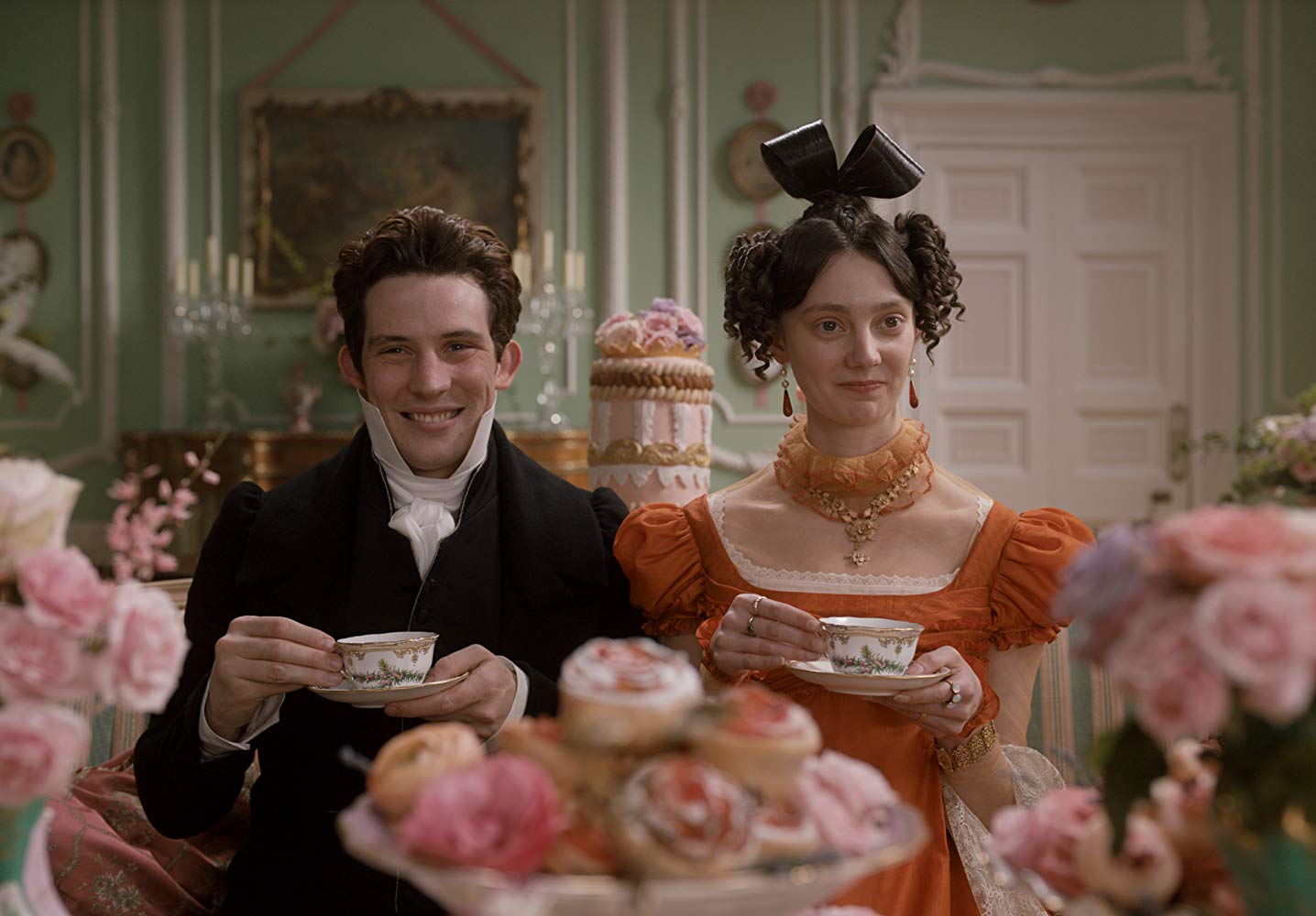
Praising a film adaptation over its book source is often a landmine of critical discussion. But let’s face the facts: films can do things that books can’t. For those struggling with the linguistic challenges of classic novels, the visual nature of cinema can often show things a reader might find difficult to visualise or understand themselves. Struggling to picture Mr Murdstone’s miserable glass bottle factory in David Copperfield? Armando Iannucci’s adaptation of the text can bring the story and characters to life in a more vivid and entertaining way for you. The film even utilises visual effects to create stunning scene transitions. For example, a happy scene in Yarmouth is torn from the screen by a gigantic hand, which turns out to be the hand of despicable Mr Murdstone as he rips up David’s drawing, keeping the lengthy narrative clear and compelling throughout.
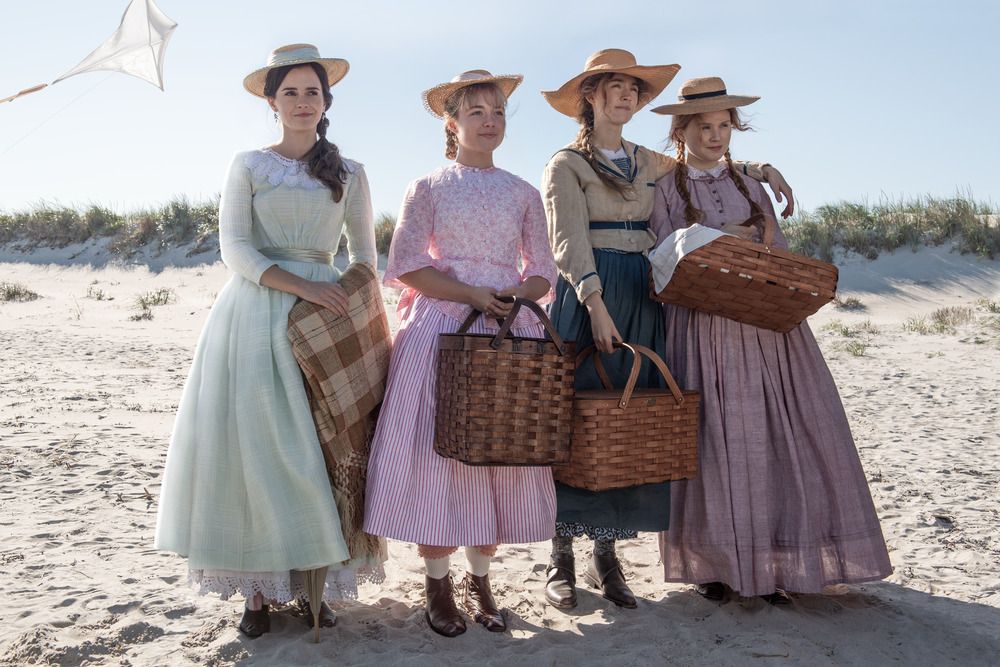
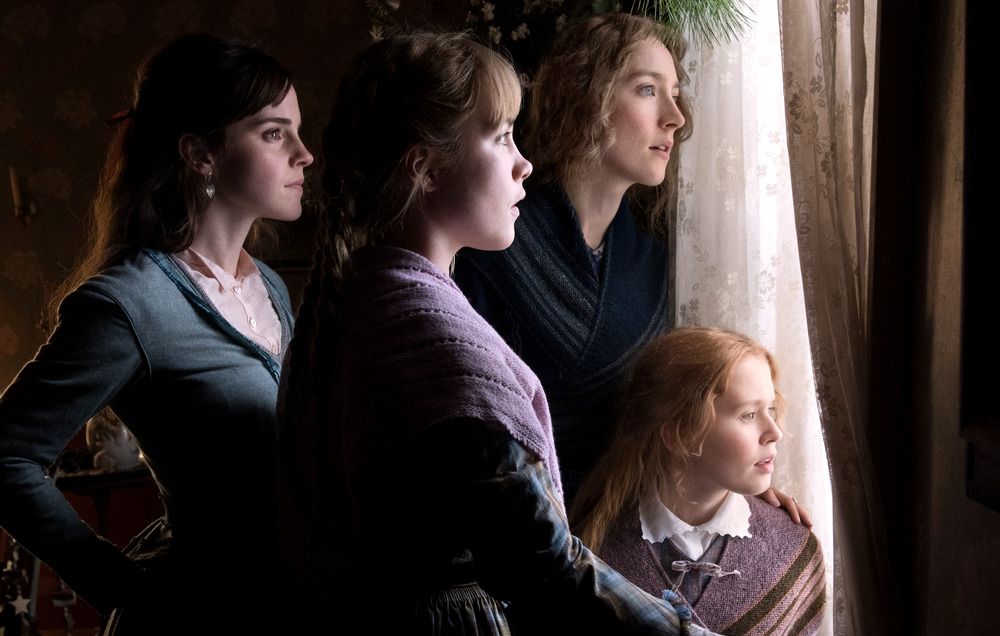
It is, of course, possible to be both a reader and a watcher of classics.Indeed, some might even enjoy both mediums without needing to compare the two. However, it would be remiss to ignore the growing fear that film adaptations might be replacing classics. The increasingly scarce commodity of time in fast-paced modern life means a two-hour showing of Emma can fit in a tight schedule better than the 500-page book. But should we feel guilty for forsaking the source for its adaptation?
|The art of the perfect Bristruth
To turn our eyes to the history of reading, literature itself is undoubtedly embedded within a wider tradition of storytelling. From medieval lay poems sung by entertainers at the king’s court, to performances of Shakespeare where the famous playwright’s words were spoken night after night to thrilled onlookers, the lifting of words from the page has been a centuries-long habit. Perhaps then, whether you consume classical narratives through books, film, or both, what’s truly important is that the story is being told, one way or another.
Featured image credit: Emma / IMDb / Courtesy of Box Hill Films / Focus Features
What is your favourite classic novel to film adaptation? Get in touch and let us know what you think!

